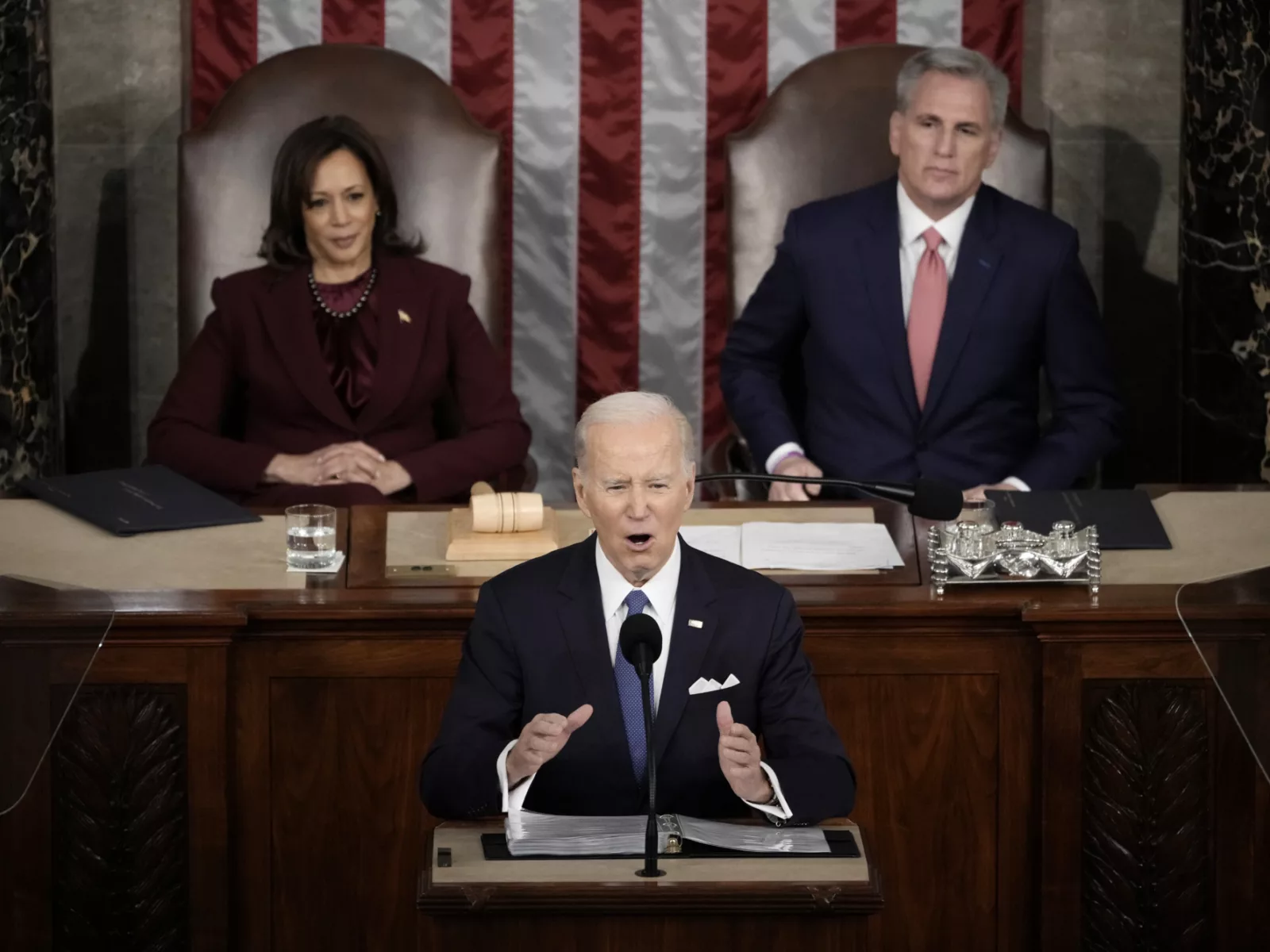Americans continue to struggle with the burden of high prescription drug costs. For seniors and people with disabilities enrolled in Medicare plans, the ever-rising prices could impact their ability to access much needed care. In fact, more than 5 million people with Medicare struggle to afford prescription medications, with Black and Latino people affected most.
The Inflation Reduction Act (IRA) included a number of prescription drug provisions, including allowing Medicare to negotiate prices for certain drugs and establishing a $2,000 patient out-of-pocket cap for Medicare Part D. The IRA also established the Medicare Prescription Payment Plan (MPPP), which for the first time requires all Medicare Part D plans, including Medicare Advantage plans with prescription drug coverage, to offer enrollees the choice of being billed monthly for the out-of-pocket portion of their prescription. Allowing people to pay through installments spread throughout the year, rather than all at once when picking up the prescription at the pharmacy. This payment plan could help in managing household spending and health care budgets.
The IRA and the MPPP are a good start to helping Americans with out-of-control drug prices. While the MPPP will help many people who incur high monthly prescription drug costs with their budgeting, it does not lower the total out-of-pocket costs of the drugs – and this way of payment may not be a good fit for everyone, particularly those not expected to reach the annual threshold of $2,000.
Arnold Ventures recognized this when submitting comments to the Centers for Medicare & Medicaid Services (CMS) on the implementation of the MPPP. The recommendations include:
- When Part D plans are sending educational materials to enrollees, those materials should describe which patients are most likely to benefit from the MPPP, as well as those least likely to benefit.
- While guidance states Part D sponsors must include certain information on their websites including a “description of who is likely to benefit,” websites also should include a description of those not likely to benefit.
- Plans should be required to send an “election request form” along with the “likely to benefit” notice sent to enrollees who meet the MPPP criteria.
- As CMS is developing educational materials for Medicare.gov, there should be a description of those likely to benefit as well as those least likely to benefit.
Read the full comment letter here.



















